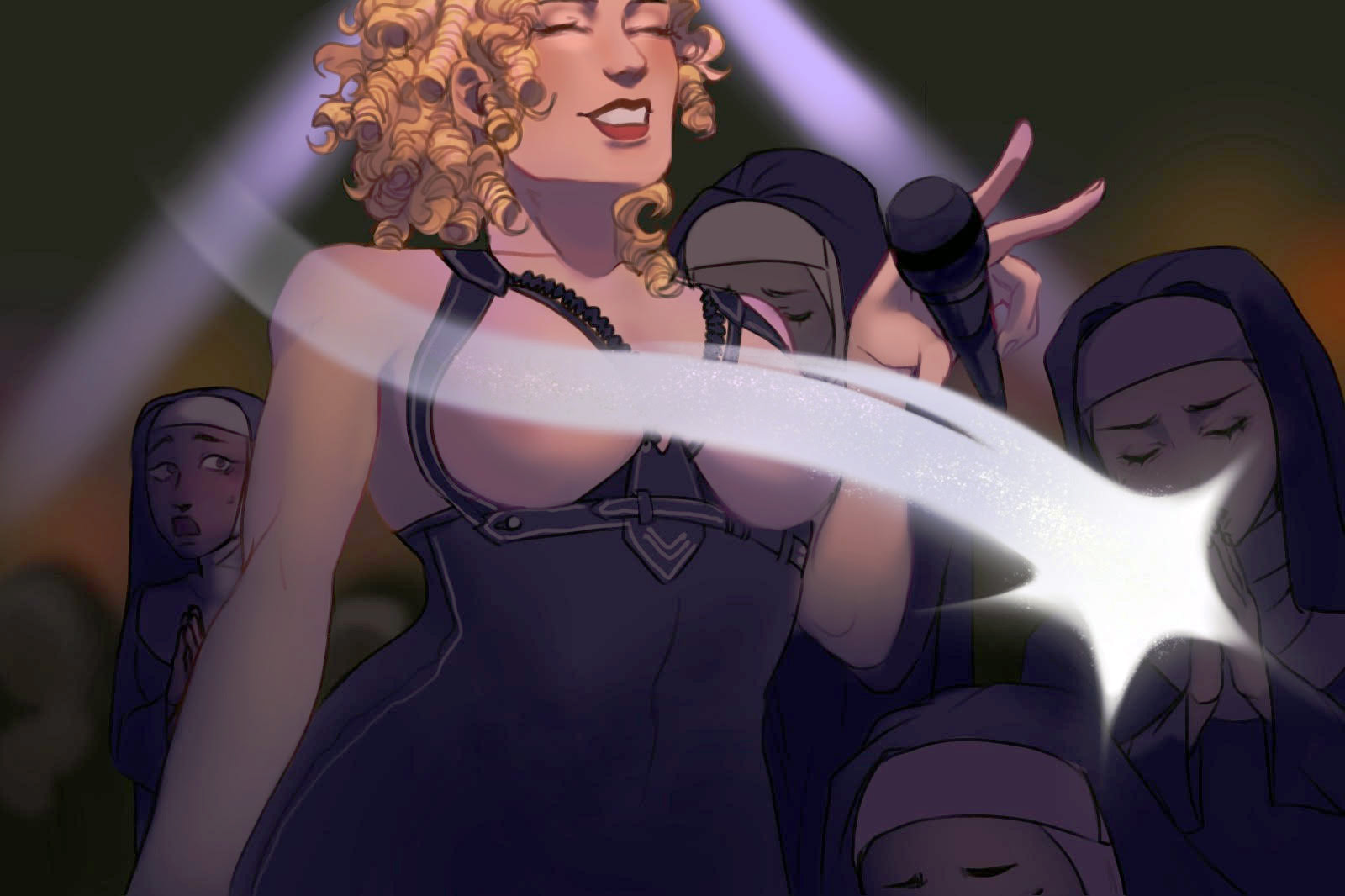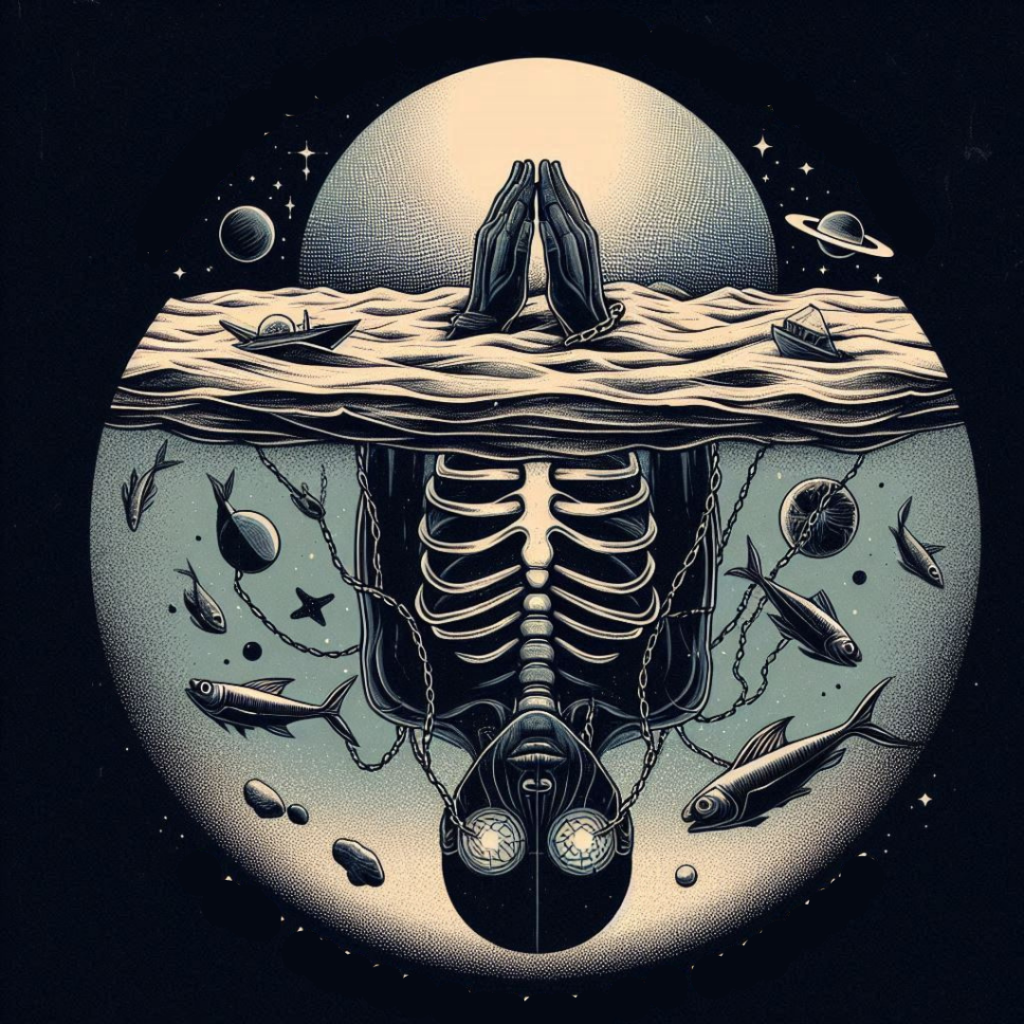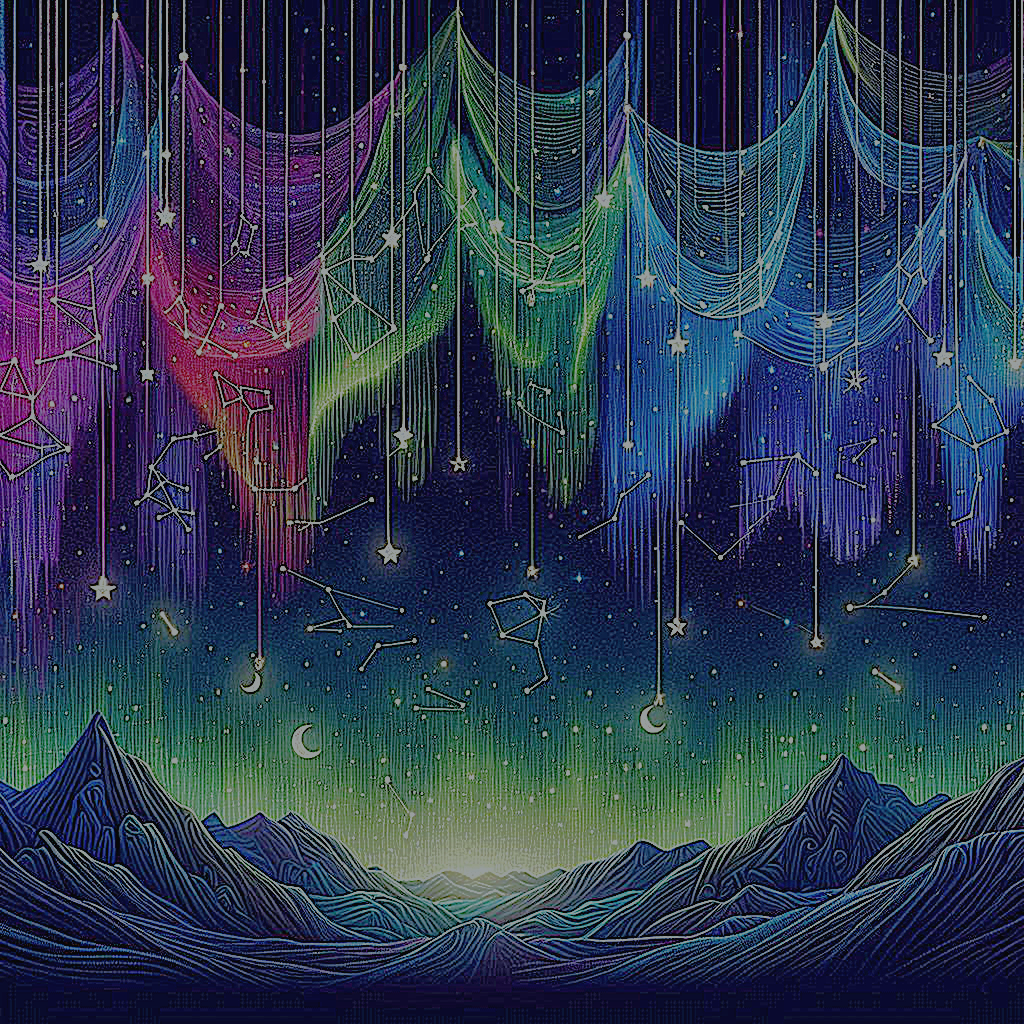
Lucky Star
In the fourth grade, when Madonna was what Olivia Rodrigo is to fourth grade girls today, a classmate told me, “Madonna had an abortion.” I thought, Did she? In my head, all I could see was Madonna as the badass former Catholic schoolgirl, whom I was told liked to wear the crucifix and rosary as jewelry (though I never really noticed in her music videos except her big jangly bangles), and whose music conjured up fornication just by the allure of her sultry voice. Even the nuns were obsessed with Madonna, making her the cornerstone of what we good Catholic schoolgirls should never become. It was public knowledge that Madonna had grown up Italian Catholic herself and was bestowed upon birth the most sacred name of the ultimate Catholic supernatural queen—Madonna—inherited from her own mother who also carried the sacred namesake. It seemed the women in Madonna’s family possessed a divine bestowal that the nuns begrudgingly could not ignore. The nuns would never say she was a “slut” as the word “slut” was banned from classroom vocabulary, but they painted her in such a way anyway: “That woman is wayward . . . She is blasphemous . . . Her music is satanic . . . She has no respect for her body . . . How dare she flaunt her navel.” I wasn’t exactly sure how abortions happened, except it was a word tossed around school grounds as easy as saying, “Math.” It was an easy word. A common word. School ground conversation encouraged the talk of abortion under one context alone: the murder of babies. Madonna was a “slutty murderer of babies,” but deep down, at nine-years-old, I knew it was no one’s business and I’d still hum her songs with their catchy tunes. “You must be my lucky star ’cause you shine on me wherever you are.”
Suggested Reading
-
Featured • Poetry
-
Poetry
-
Poetry



